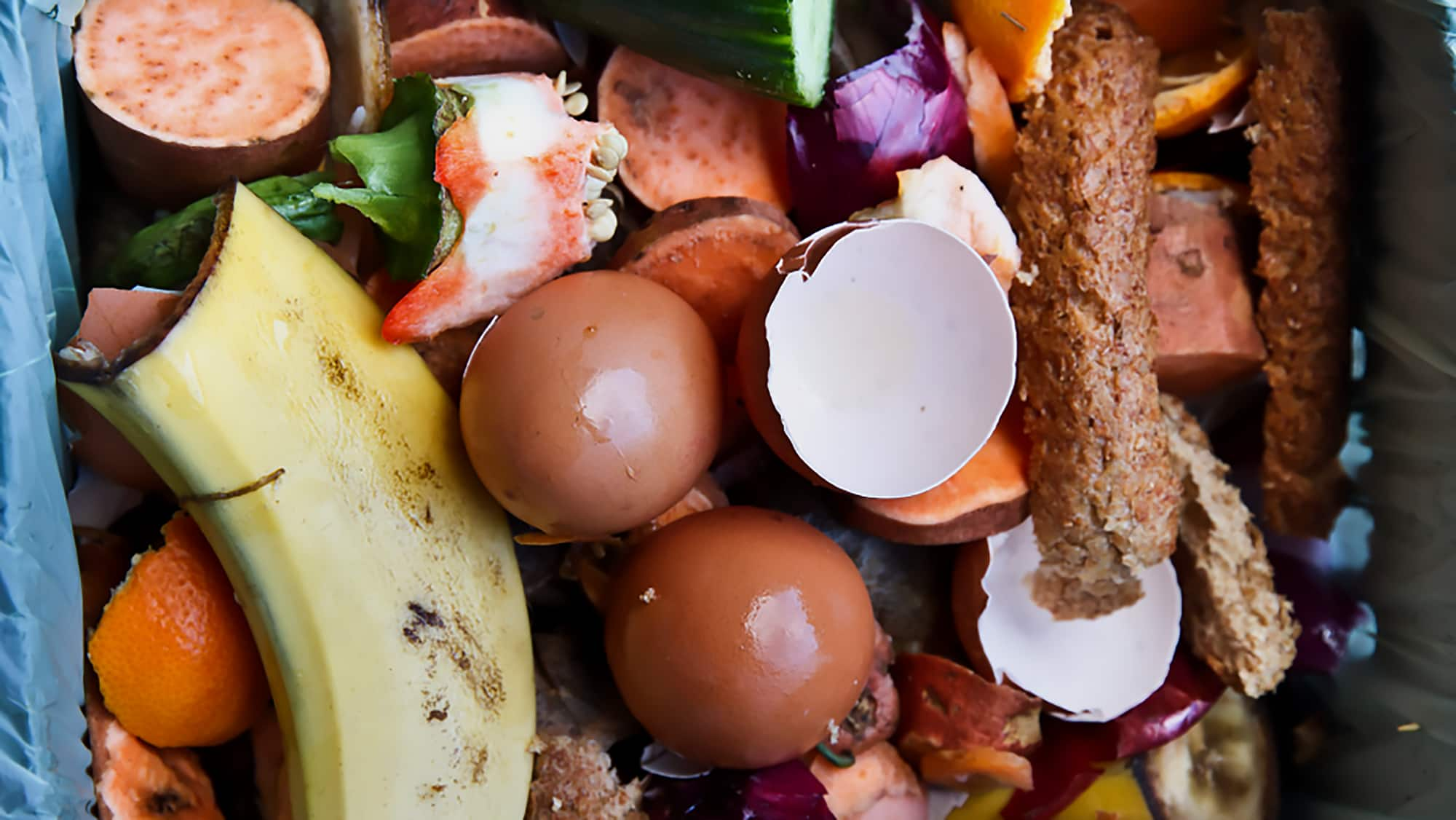The City of Edmonton is exploring changes to its organic waste processing program due to a significant increase in volume, driven by a growing population.
It is projected that the city will need to treat up to 121,000 tonnes of organic waste by 2027, a jump from the 88,000 tonnes it processed last year, according to a new report presented this week to city council’s utility committee.
The main goal of updating the program is to reduce the amount of organic waste that will go to landfill, aligning with the city’s 25-year waste strategy, the report said.
“We are almost at the point where we need additional capacity,” Denis Jubinville, the city’s branch manager of waste services, told CBC’s Edmonton AM on Monday.
“So at this point we can handle what we have in the next year or two but after that we’ll need more availability of processing.”
Edmonton AM5:22Edmonton is rolling in compost
The City of Edmonton has a lot more compost to deal with, now that source-separated garbage collection is being rolled into apartment buildings and condos. Today, a council committee will look at how to handle all this organic waste. Denis Jubinville is branch manager of waste services.
The city’s three-stream waste sorting system, which separates food scraps, garbage and recycling, was introduced in 2021 to detached homes. It is currently being rolled out to apartment and condominium buildings across the city.
City administration presented three options to committee: construct a new outdoor composting facility at the Edmonton Waste Management Centre; upgrade the high solids anaerobic digestion facility at centre, or increase dependance on third-party organic waste processing.
City officials will analyze the affordability and practicality of the three options in the coming months and report back with recommendations in September.
During the utility committee meeting Monday, Coun. Ashley Salvador of Ward Métis asked whether there’s opportunity for third-party contractors to extend their existing contracts.
City administration said 42,000 tonnes of organic waste is processed by third-party contractors.
“Some of our current partners are thinking of expanding their current operations and we also know some new facilities are coming onboard as well,” Jawad Farhad, general supervisor for organic processing and management for the city, told the committee.
Last year, the City of Edmonton began rolling out green bins to apartments and condos to divert more organic waste out of landfills. With more residents expected to join the program over the next four years, the city now needs to increase their compost processing capacity. Denis Jubinville, branch manager of waste services for the city, joined Mark Connolly on Edmonton AM to talk about the challenges ahead for the program.
He said the city is in “a bit of a rush” to get an analysis done on their compost processing options by September to make sure it is keeping up with their third-party contractors’ expansion plans.
Right now, the city processes 81 per cent of the organic waste from the green bins and 95 per cent of yard waste. The rest goes to the landfill, Jubinville told the committee.
As waste that goes to landfills decomposes, it becomes methane, a powerful greenhouse gas that is responsible for 30 per cent of global warming since pre-industrial times.




